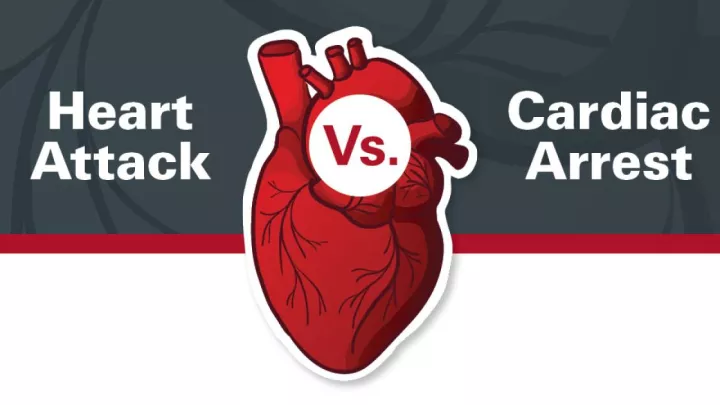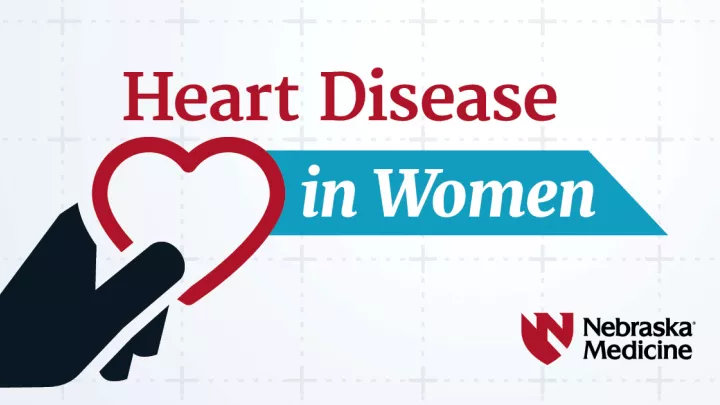What is congestive heart failure and is it reversible?

Congestive heart failure, or CHF, is a serious medical condition that affects the heart's ability to pump blood effectively. This leads to fluid build-up within the lungs or congestion, making breathing difficult.
Understanding the symptoms
The most common symptom of CHF is shortness of breath, which may range from mild to severe and leads to fatigue or weakness.
“You'll have fluid that will build up in the lungs, and fluid should not be in your lungs – you should have air in there,” says Christina Dunbar Matos, DO, an advanced heart failure and transplant cardiologist. “You become very short of breath, and as a result, since you can't breathe very well, you feel fatigued and weak.”
Other symptoms of CHF may include:
- Loss of appetite
- Difficulty sleeping caused by trouble breathing
- Swelling in the feet and legs
- Distended abdomen as fluid builds up
Is it reversible?
Some cases of CHF are reversible with medication and treatment of contributing factors.
“We always attempt to reverse every single case of congestive heart failure, if possible,” Dr. Dunbar Matos says. “In some instances, with proper treatment of the underlying cause and medication, we can reverse. And in some instances, not.”
Early detection and diagnosis are crucial. The sooner CHF is identified, the sooner treatment can begin, and the more likely heart function can be restored.
“The longer you have heart failure, the more damage is done,” Dr. Dunbar Matos says. “The heart will start to form scar tissue, and once there is scarring, that’s irreversible damage we can't do anything about. So, the quicker you start treatment, the better off you are long term.”
Treatment and prevention
The treatment of CHF often involves a multifaceted approach:
- Medications: ACE inhibitors, beta-blockers and other medications can be used to manage CHF symptoms and improve heart function.
- Treating the underlying cause: This could include addressing conditions like coronary artery disease, cardiomyopathy or other diseases and conditions that damage the heart.
- Addressing contributing factors: High blood pressure, high cholesterol, smoking, untreated diabetes, lack of physical activity and obesity are all factors that can exacerbate CHF.
- Lifestyle changes: Eating a healthy diet, incorporating regular exercise and reducing stress can make a significant difference.
While treatment advancements in recent years have improved the quality of life for those living with CHF, it is better to prevent it in the first place, Dr. Dunbar Matos says.
“We’ve had really good results with medications and some heart devices that have come out, but usually by the time someone needs the devices, they’ve developed more advanced heart failure,” she says. “We hope to prevent them from getting to that point.”
It is essential to address any condition that may harm the heart and lead to CHF, such as:
- High cholesterol
- High blood pressure
- Uncontrolled diabetes
- Obesity
“All of these things can damage the heart muscle itself,” Dr. Dunbar Matos says. “If you can prevent these things from happening or catch them early, that’s best. So, we are extremely aggressive in treating these risk factors in our patient population.”
As with most health-related issues, the best approach is proactive rather than reactive, Dr. Dunbar Matos says.
“What we often see in our clinic is, patients come to us with heart failure, and they'll say, ‘Oh, well, it runs in my family,’” she says. “Most, but not all, cases of heart failure can be prevented – even those that ‘run in families.’”







